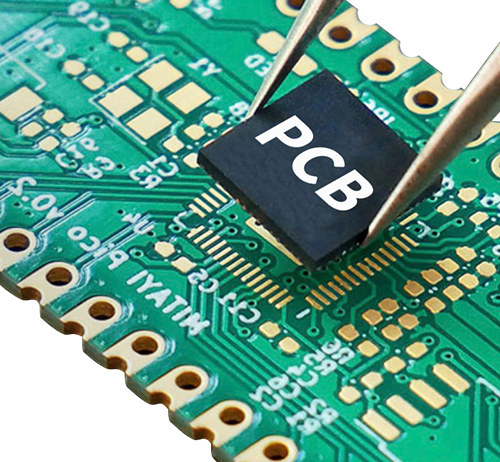Time:2022-08-04 Visit:
The scientific name for PCB is polychlorinated biphenyls. Polychlorinated biphenyls are carcinogens that easily accumulate in adipose tissue, causing diseases of the brain, skin and internal organs, affecting the nervous, reproductive and immune systems. Effects on skin, teeth, neurobehavior, immune function, liver, reproductive toxicity, teratogenicity and carcinogenicity. It is a serious hazard to the environment and can cause pollution to water bodies and air.
The physical and chemical properties of PCB are extremely stable, with strong resistance to acid and alkali and oxidation, no corrosion to metals, good electrical insulation and good heat resistance (complete decomposition requires 1000 ° C to 1400 ° C), except For monochlorine, except for compounds and dichlorine, all are non-combustible substances.

PCB is widely used, can be used as insulating oil, heat carrier and lubricating oil, etc., and can also be used as various industrial products (such as various resins, rubbers, adhesives, coatings, carbon paper, ceramic glazes, flame retardants, pesticides, etc.) Synergists, dye dispersants) additives.
PCB Protection and Seasonal Handling
1. Skin contact: Take off the contaminated clothing and rinse with plenty of running water. Seek medical attention.
2. Eye contact: Open the eyelids and rinse with running water or saline. Seek medical attention.
3. Inhalation: Quickly leave the scene to fresh air. Keep the airway open. If breathing is difficult, give oxygen. If breathing stops, give artificial respiration immediately. Seek medical attention.
4. Ingestion: Drink enough warm water to induce vomiting. Gastric lavage, drainage. Seek medical attention.
5. Respiratory system protection: When the concentration in the air exceeds the standard, you must wear a self-priming filter gas mask (full face mask). Air respirator should be worn during emergency rescue or evacuation.
6. Eye Protection: Respiratory protection is available.